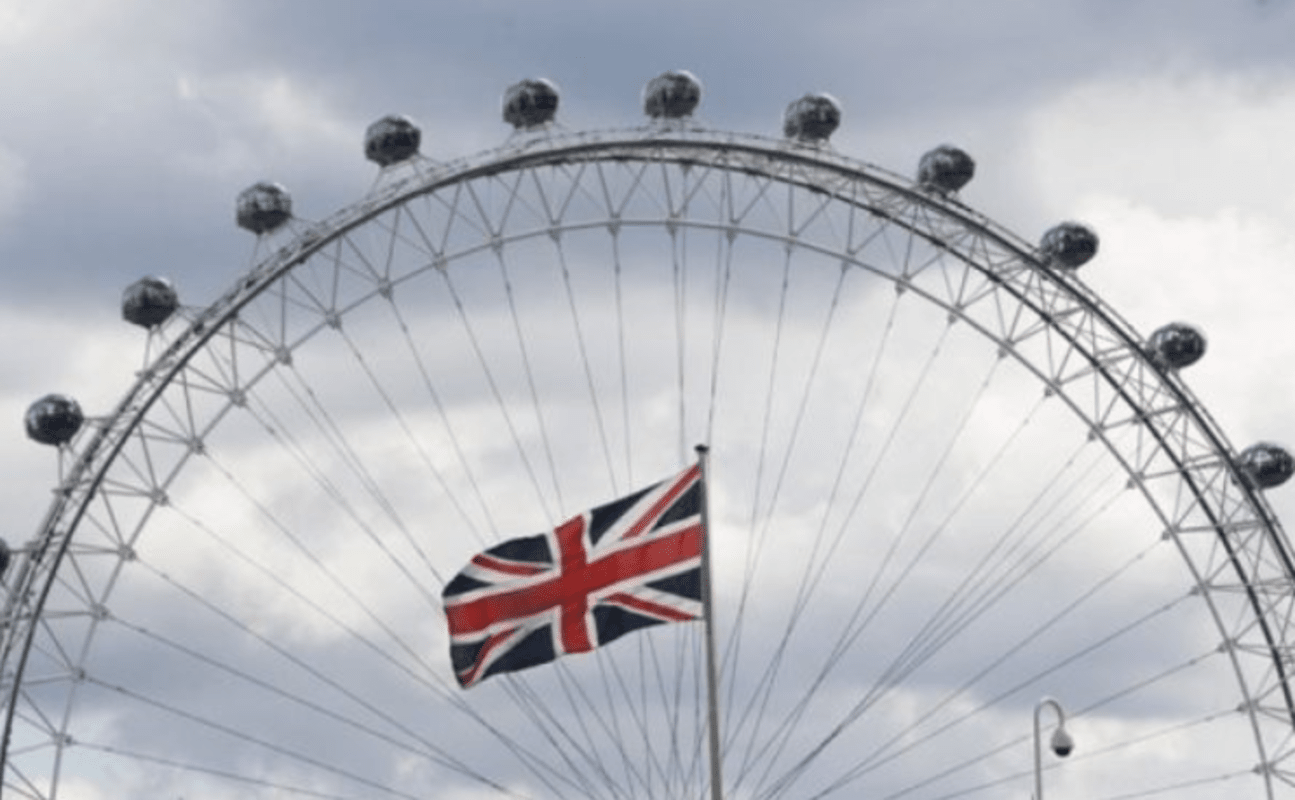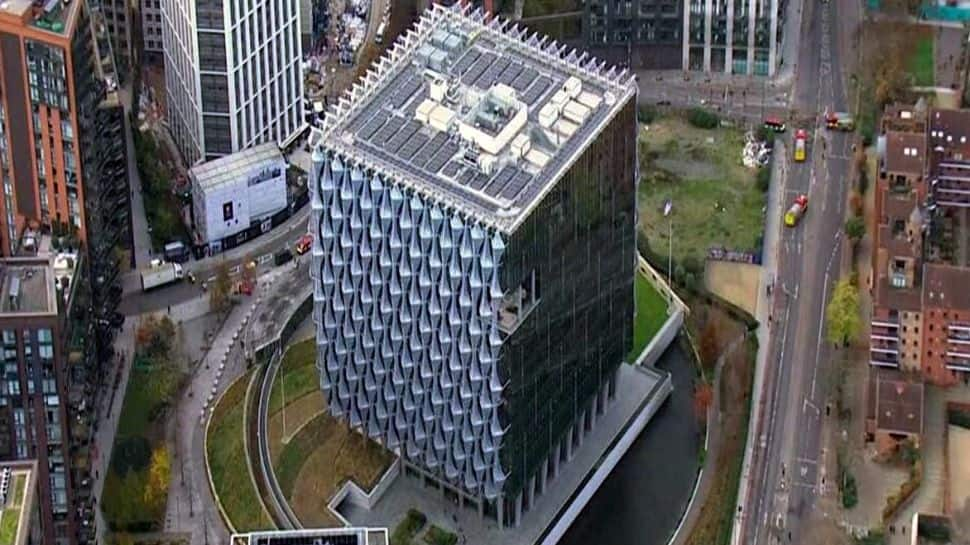Bussiness
London business confidence falls fast amid economic uncertainty

Firms in London lost some faith in their own trading prospects in April, which contributed to a significant fall in business confidence, a new survey showed.
According to Lloyds Business Barometer, business confidence in the capital dropped nine points to 43 per cent in April, largely due to declining confidence in firms’ own trading prospects.
Business confidence in their own trading prospects fell 12 points to 45 per cent, while confidence in the wider economy dipped six points.
This potentially reflects changing expectations on when the Bank of England will cut interest rates, with markets now expecting that rate reductions will start in August and fewer cuts priced in this year.
“London businesses are still facing a fair amount of economic uncertainty, but as we head into springtime, they should expect a seasonal boom in hospitality and tourism,” Paul Evans, regional director for London at Lloyds said.
Although London business confidence declined, business confidence across the country as a whole remained unchanged for the third month in a row at 42 per cent.
While the headline figure was unchanged, firms were slightly more confident in the wider economy and slightly less confident in their own trading prospects.
April’s figure was comfortably above the long-term average of 28 per cent, with only January 2024 seeing businesses report higher levels of confidence in the last 12 months.
“We are beginning to see a consistent trend emerge from our Barometer results in recent months,” Hann-Ju Ho, senior economist at Lloyds said.
“Businesses are feeling increasingly confident about the economy, coinciding with falling inflation and hopes that interest rates will start to fall this year.”
Easing price pressures and the prospect of interest rate reductions has contributed to an improving economic picture. Figures out earlier this month showed that GDP grew 0.2 per cent over the past three months – the first time it has grown on a quarterly basis since last summer.
The most recent PMI survey showed that activity in the private sector expanded at its fastest rate in 11 months. The figures were consistent with GDP rising at a quarterly rate of around 0.4 per cent.
The Lloyds survey also suggested that inflationary pressures may remain elevated. 63 per cent of respondents plan to increase prices in the next year, up from 60 per cent last month.










